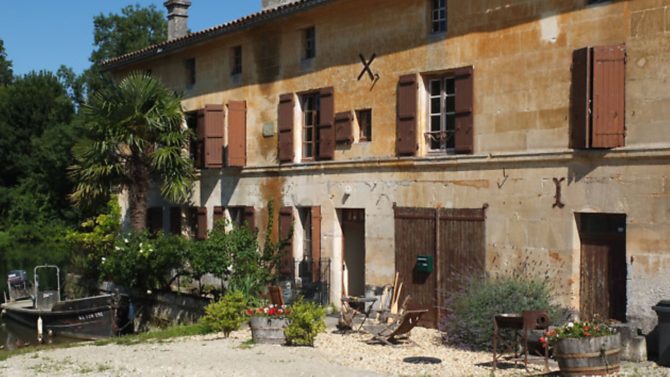Buying guide part 6: the compromis de vente


Karen Tait lists 8 things you need to know about signing on the dotted line
1. Probably the most singular difference between the transaction process in the UK and France is that in France you exchange at the start of the process rather than at the end. Having agreed on a price, both buyer and seller sign a contract – usually a compromis de vente – whereby they commit to selling or buying the property at a set price.
2. The buyer then has a 10-day cooling-off period, during which time they can pull out of the deal for any reason without losing their deposit. The vendor does not have the benefit of a cooling-off period. There are specific terms and conditions for withdrawing from the contract, which we will cover in more detail next month.
3. Once the 10-day cooling-off period has passed, the sale becomes legally binding and neither buyer nor seller can pull out without penalty. Technically, if the buyer pulls out they can be pursued for the full asking price, but more commonly they will forfeit the deposit, which is typically 10% of the sale price.
4. Estate agencies often have a standard compromis de vente form. While it is perfectly legal to sign this, it might not fully reflect the intentions of both parties. Don’t feel pressured to sign the standard compromis; it may be preferable for your notaire to draw one up for you as it can then be tailored to your individual circumstances and needs.
5. You can include conditions (clauses suspensives) within the compromis, which render the contract void if not met. These may typically include a successful survey or obtaining planning permission. This needs thinking about in advance of signing the contract though, as you can’t add in conditional clauses afterwards.
6. The compromis includes the names and addresses of the buyer and seller, the address and description of the property for sale, the agreed deposit amount, the sale price to be paid, an inventory of items to be included and a date for completion.
7. The compromis must also state whether the buyer requires a mortgage. If so, a month is allowed to obtain the finance. If for legitimate reasons the buyer can’t obtain a mortgage, they can pull out of the contract without penalty.
8. Although the compromis de vente is the most common form of contract, others include the promesse de vente (only the seller commits to the purchase) or promesse d’achat (the buyer commits).
Read our other buying guides on:
Mortgages and currency contracts
What and where: 6 things to consider
Completion and the acte de vente
Share to: Facebook Twitter LinkedIn Email


